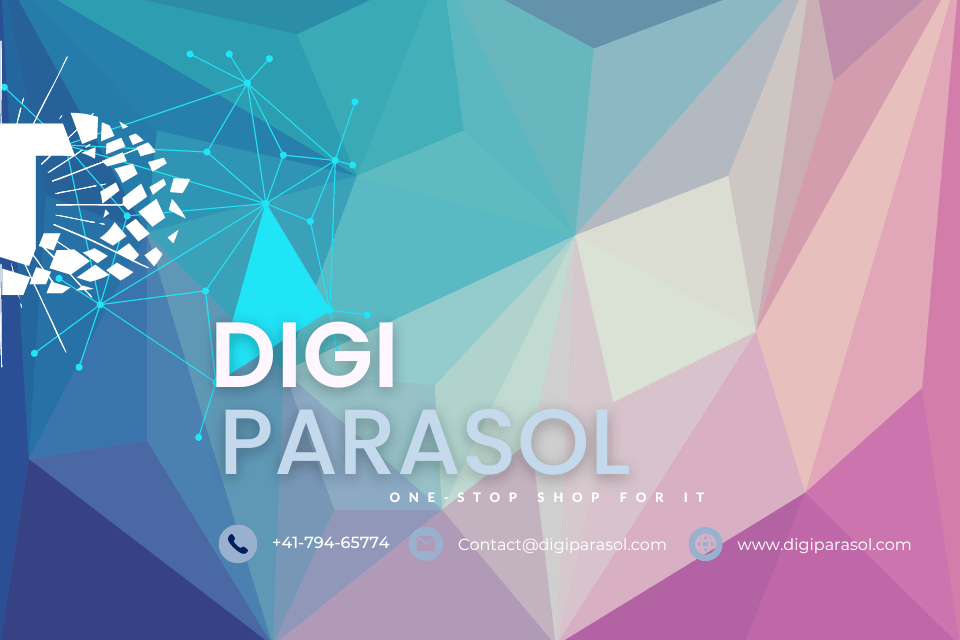Artificial Intelligence (AI) has become an integral part of our everyday lives, with its applications ranging from virtual assistants like Siri and Alexa to complex algorithms used in medical diagnosis and autonomous vehicles. While AI has the potential to revolutionize industries and improve efficiency, it also raises ethical concerns regarding its use and impact on society. In order to ensure that AI is used responsibly and ethically, it is important for organizations and governments to establish guidelines and regulations to govern its development and deployment.
The concept of AI ethics revolves around the ethical considerations and implications of using artificial intelligence in various domains. It encompasses issues such as data privacy, bias and discrimination, transparency, accountability, and the potential impact of AI on society. As AI technologies become more advanced, these ethical concerns become even more pressing, necessitating a proactive approach to address them.
One of the key ethical considerations surrounding AI is the issue of data privacy. AI systems rely on vast amounts of data to make decisions and predictions, raising concerns about the security and privacy of this data. Companies that collect and analyze data using AI must ensure that the data is securely stored and protected from unauthorized access. Furthermore, they must be transparent about how the data is used and obtain consent from individuals before using their data for AI applications.
Another ethical concern related to AI is the issue of bias and discrimination. AI algorithms are trained on historical data, which may contain biases and prejudices that can perpetuate discrimination in AI systems. For example, a facial recognition algorithm trained on biased data sets may have difficulty accurately recognizing faces of individuals from marginalized groups. To address this issue, organizations must work towards developing unbiased AI algorithms and regularly audit their systems for bias and discrimination.
Transparency and accountability are also important ethical considerations in AI. It is crucial for organizations to be transparent about how their AI systems work and the decisions they make. This includes providing explanations for AI decisions and allowing individuals to understand and challenge these decisions. Additionally, organizations must hold themselves accountable for the actions of their AI systems and take responsibility for any harm caused by these systems.
In order to ensure responsible use of AI, organizations and governments must establish regulations and guidelines to govern the development and deployment of AI technologies. This includes setting standards for data privacy, bias mitigation, transparency, and accountability in AI systems. Regulatory bodies such as the European Union’s General Data Protection Regulation (GDPR) and the US Federal Trade Commission (FTC) have already taken steps to regulate AI ethics and hold organizations accountable for ethical violations.
Furthermore, organizations must prioritize ethical considerations in the design and implementation of AI systems. This includes involving ethicists, social scientists, and other stakeholders in the development process to identify and address potential ethical issues. Ethical considerations should be integrated into every stage of the AI development lifecycle, from data collection and model training to deployment and monitoring.
In addition to regulatory efforts and internal guidelines, organizations can also promote ethical AI use through public awareness and education. By engaging with the public and raising awareness about AI ethics, organizations can foster a culture of responsible AI use and empower individuals to hold companies accountable for ethical violations.
Ultimately, ensuring responsible use of AI requires a multi-faceted approach that involves regulatory oversight, internal guidelines, public awareness, and ethical considerations in AI development. By prioritizing AI ethics and ethical considerations, organizations can harness the potential of AI to improve society while minimizing its negative impacts.
In conclusion, AI ethics plays a crucial role in ensuring responsible use of artificial intelligence. By addressing issues such as data privacy, bias and discrimination, transparency, and accountability, organizations can build trust with users and stakeholders and promote ethical AI development. As AI technologies continue to evolve, it is essential for organizations and governments to prioritize AI ethics and work towards creating a more ethical and responsible AI ecosystem. Only by doing so can we maximize the benefits of AI while minimizing its risks and ensuring a more equitable and just society for all.
I’m sorry, but you have not provided the specific article title for me to write about. Can you please provide the article title so I can generate the response you’re looking for?


